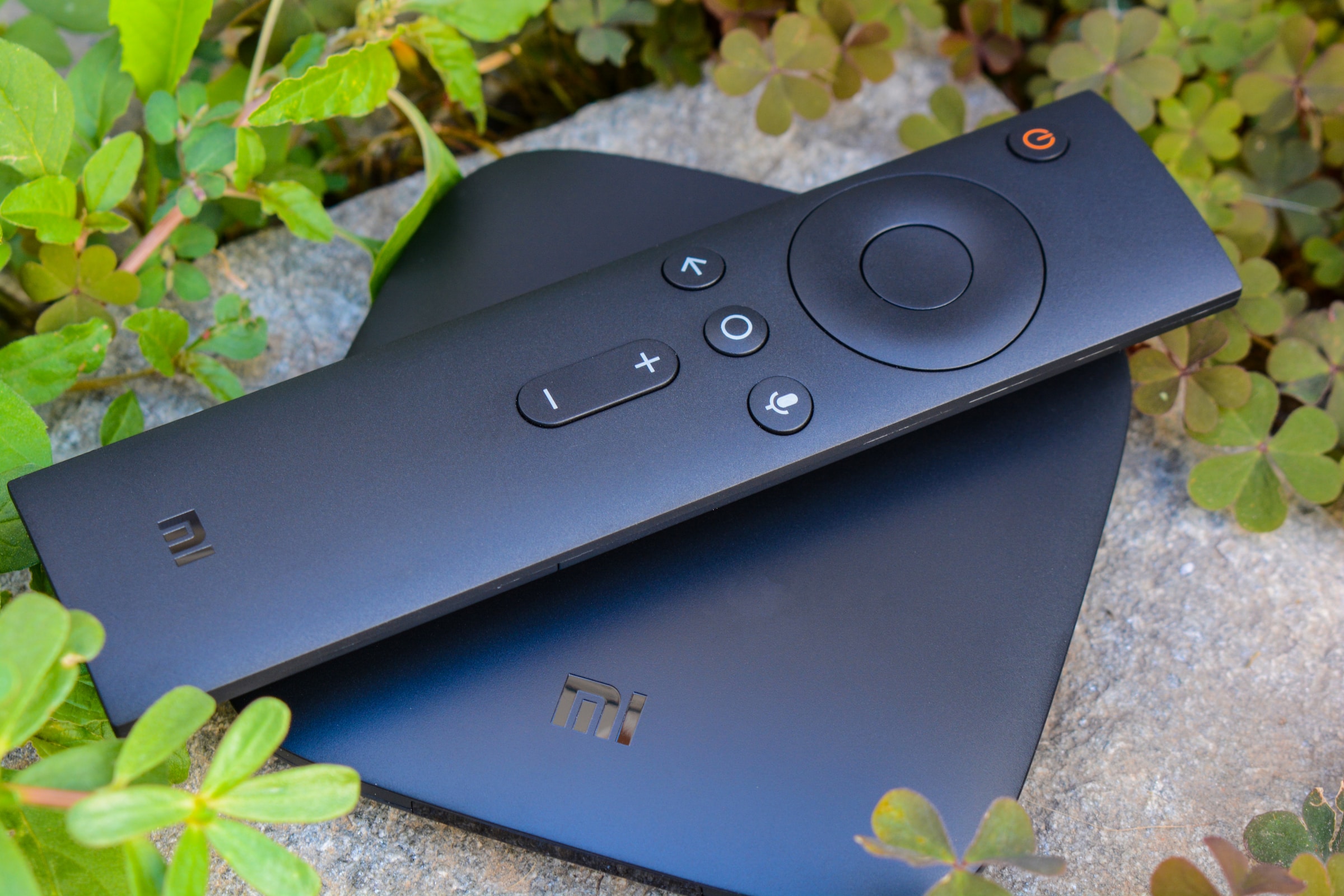Xiaomi is strategically shifting to enhance offline retail sales in India, an effort to rebound in the face of Samsung's lead. The company's decision underlines its intent to leverage India's still significant brick-and-mortar smartphone market, even as online sales boom.
The e-commerce sales boom in India, primarily led by Amazon and Flipkart, has enabled the Chinese smartphone company to expand its reach in one of the world's fastest-growing markets, which boasts 600 million smartphone users.
Although online sales now account for 44% of India's smartphone sales, Xiaomi recognizes that the brick-and-mortar segment remains significant and expects it to grow further. Muralikrishnan B., Xiaomi's India head, emphasized the brand's lower market position in offline sales than online. He acknowledged the strong competition from competitors with a larger market share.
Recent data from Hong Kong-based Counterpoint Research indicates that only 34% of Xiaomi's India unit sales this year have been through retail stores, with the majority coming from the brand's dominant online sales channel. In contrast, Samsung achieves 57% of its sales from physical stores.
To counter this imbalance, Xiaomi plans to broaden its store network beyond the existing 18,000 locations. Additionally, the company intends to establish partnerships with phone vendors to offer a wider range of products, such as Xiaomi TVs or security cameras, where Muralikrishnan believes less intense competition exists.
Interestingly, while displaying Xiaomi's bright orange branding outside the shops, Xiaomi discovered that some partner stores were prominently showcasing rival brands inside. This marketing issue will be addressed to ensure consistent messaging for the brand.
Xiaomi's offline push comes as it seeks to regain its leadership position from Samsung, whose portfolio of premium phones has gained popularity. Samsung currently holds a 20% market share in India, while Xiaomi, historically renowned for its budget-friendly phones, commands 16%.
Counterpoint analyst Tarun Pathak highlights the significance of offline sales, especially as India embraces the premiumization trend. Consumers who are willing to spend more desire the look and feel of a premium product.
To support the offline expansion, Xiaomi plans to hire more store promoters to engage and sell phones to prospective buyers inside the outlets. The company aims to triple the number of promoters by the end of next year.
Aside from market competition, Xiaomi also faces the challenge of a federal agency's freeze on its bank assets, which amount to $673 million. The agency alleges that Xiaomi engaged in illegal remittances to foreign entities.
Xiaomi's strategic shift towards offline sales and expanding its physical store network demonstrates its commitment to regain market share in India. By focusing on partnerships, enhancing branding consistency, and investing in store promoters, Xiaomi aims to leverage the offline segment and cater to the growing demand for premium products in the country.
Photo: Panos Sakalakis/Unsplash



 Nvidia, ByteDance, and the U.S.-China AI Chip Standoff Over H200 Exports
Nvidia, ByteDance, and the U.S.-China AI Chip Standoff Over H200 Exports  Instagram Outage Disrupts Thousands of U.S. Users
Instagram Outage Disrupts Thousands of U.S. Users  Trump Signs Executive Order Threatening 25% Tariffs on Countries Trading With Iran
Trump Signs Executive Order Threatening 25% Tariffs on Countries Trading With Iran  AMD Shares Slide Despite Earnings Beat as Cautious Revenue Outlook Weighs on Stock
AMD Shares Slide Despite Earnings Beat as Cautious Revenue Outlook Weighs on Stock  India–U.S. Interim Trade Pact Cuts Auto Tariffs but Leaves Tesla Out
India–U.S. Interim Trade Pact Cuts Auto Tariffs but Leaves Tesla Out  TSMC Eyes 3nm Chip Production in Japan with $17 Billion Kumamoto Investment
TSMC Eyes 3nm Chip Production in Japan with $17 Billion Kumamoto Investment  CK Hutchison Launches Arbitration After Panama Court Revokes Canal Port Licences
CK Hutchison Launches Arbitration After Panama Court Revokes Canal Port Licences  Bank of Japan Signals Readiness for Near-Term Rate Hike as Inflation Nears Target
Bank of Japan Signals Readiness for Near-Term Rate Hike as Inflation Nears Target  Dollar Steadies Ahead of ECB and BoE Decisions as Markets Turn Risk-Off
Dollar Steadies Ahead of ECB and BoE Decisions as Markets Turn Risk-Off  Anthropic Eyes $350 Billion Valuation as AI Funding and Share Sale Accelerate
Anthropic Eyes $350 Billion Valuation as AI Funding and Share Sale Accelerate  Hims & Hers Halts Compounded Semaglutide Pill After FDA Warning
Hims & Hers Halts Compounded Semaglutide Pill After FDA Warning  Oracle Plans $45–$50 Billion Funding Push in 2026 to Expand Cloud and AI Infrastructure
Oracle Plans $45–$50 Billion Funding Push in 2026 to Expand Cloud and AI Infrastructure  Oil Prices Slide on US-Iran Talks, Dollar Strength and Profit-Taking Pressure
Oil Prices Slide on US-Iran Talks, Dollar Strength and Profit-Taking Pressure  Nintendo Shares Slide After Earnings Miss Raises Switch 2 Margin Concerns
Nintendo Shares Slide After Earnings Miss Raises Switch 2 Margin Concerns  Silver Prices Plunge in Asian Trade as Dollar Strength Triggers Fresh Precious Metals Sell-Off
Silver Prices Plunge in Asian Trade as Dollar Strength Triggers Fresh Precious Metals Sell-Off  Weight-Loss Drug Ads Take Over the Super Bowl as Pharma Embraces Direct-to-Consumer Marketing
Weight-Loss Drug Ads Take Over the Super Bowl as Pharma Embraces Direct-to-Consumer Marketing  Japanese Pharmaceutical Stocks Slide as TrumpRx.gov Launch Sparks Market Concerns
Japanese Pharmaceutical Stocks Slide as TrumpRx.gov Launch Sparks Market Concerns 






























